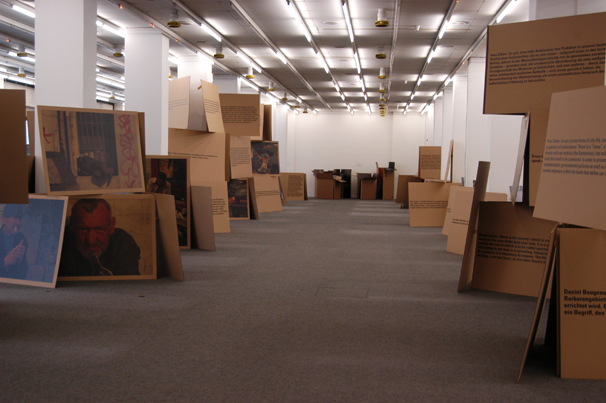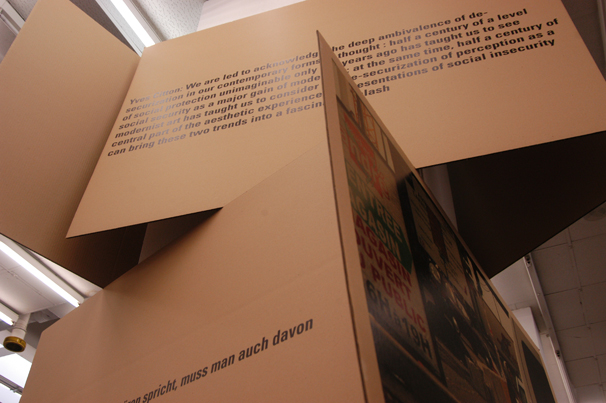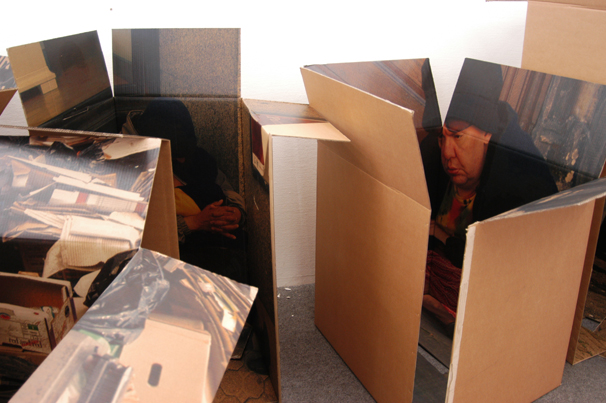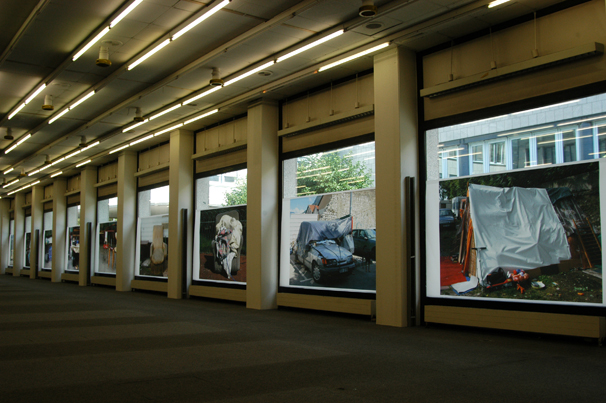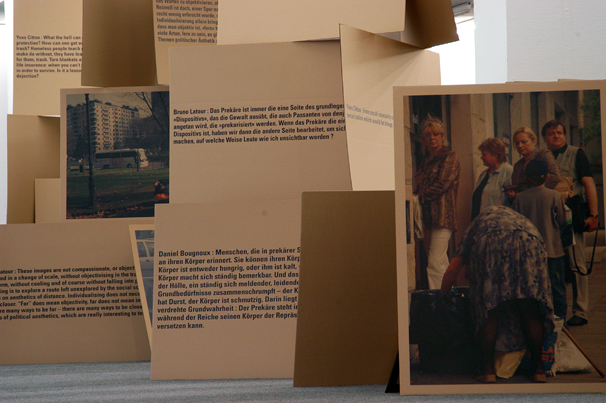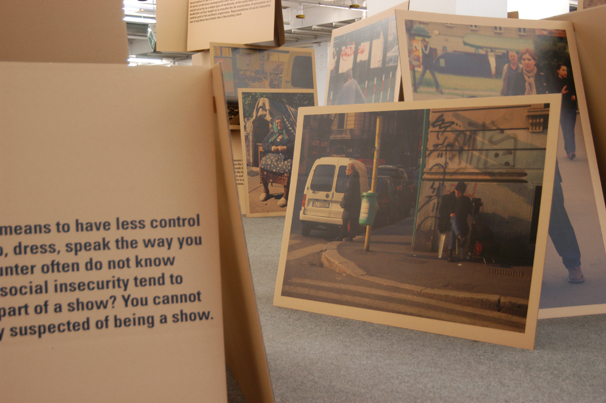memento vivere
 .
.
Memento vivere is a prospective research, which will become public in the spring of 2025 in a form hybridizing contemporary creation and research in social sciences. It continues our previous work on the living and vitalities, from a new angle. Because art remains a powerful tool to reframe our lives, to situate them in their right measure in the long time of humanization and the great cycle of the living.
It can help us in particular to admit how much the generations gone by compose our matrix, how much we still lead our lives, accompanied by their words and with their tools. This is how they socialize us and humanize us. No civilization would exist without this transmission of words and knowledge, symbols and tools.
There is nothing necrophiliac in this research but, at the time of the Anthropocene and the collapse of ecosystem balances, the desire to question and reframe our lives, to situate them in their proper measure in the long time of humanization and in the tangled dynamics of the living.
> Opus 01 : Les Présences
The first public production will take place near the two mass graves of the Petit-Sablon cemetery, in the commune of La Tronche, which welcome anonymous people, the destitute, those without known families and irreducible personalities who chose to be buried here out of pure conviction, thus defying the social order for eternity. It will be called Les Présences.
Philippe Mouillon takes up the vocabulary of photographic portraits reproduced on porcelain, present in many cemeteries, where they bear witness to the social and family order of other eras. We thus leaf through an entire social ecosystem, a mille-feuille of extinguished presences that obviously affect us. Because despite the alignments, an apparently immutable order, cemeteries are places of disorder, emotional disorder of course, but even more abysmal rout in the face of the evidence of our insignificance. At work everywhere and for everyone, wealthy or destitute, the irresistible silent dissolution of what was once a life in the impalpable.
In a few decades, these portraits become so eroded by the cycles of bad weather and the corrosive power of the sun’s rays that they become illegible. They seem erased by the excess of light or eaten away by humidity and micro-organisms. The chemical texture decomposes into an exhausted, sometimes absurd or extravagant colorization. Individualities thus dissolve and slowly fade away, which is all the more disturbing since the photograph obviously attests that this existence was nevertheless lived, with its ordinary daily life of joys and sorrows, its passions and its dramas. But by dissolving, these images no longer preserve the trace of a singular existence but nevertheless bear witness to a presence.
It is this anonymity of individualities dissolved in a common humanity that will be amplified here, in a vast book of porcelains that will detach us from the continuum of daily life to evoke a deeper present where presences survive.
> Opus 02 :

Mathilde Béguin is a visual artist, landscape architect, and trainer. She graduated from the Boulle school. Her brother Nicolas Béguin is a designer, visual artist, and architecture teacher, and graduated from the Chartres school. Their research combines art, design, and raw earth architecture, and they propose a space for reception and meditation made from compressed charcoal for the memento vivere cycle. Like a relic from the distant past of humanity, at the time of the first fires dominating the night and then leaving the circular imprint of the hearth after combustion, this black form absorbs the light and inspires an instinctive form of respect. It will also take its place in the Petit-Sablon cemetery, in the commune of La Tronche, which is hosting this first year of the cycle. It will be presented to the public in November 2025.
> Opus 03 :
Other artists will be invited to intervene over the months in the cemeteries of the Grenoble metropolitan area. The first artist in residence will be Rachid Koraichi. In addition to a Garden of Memory created as part of the Chaumont Garden Festival, Rachid has notably taken the initiative of designing Garden of Africa on the edge of the Mediterranean in order to welcome the bodies of migrants who disappeared at sea and thus ensure that they have a memory worthy of being mourned.
With the support of the Ministry of Culture (Drac Auvergne Rhône-Alpes), the Auvergne Rhône-Alpes region – within the framework of the 21st Century Memories calls for projects, the Department of Isère, the City of La Tronche

